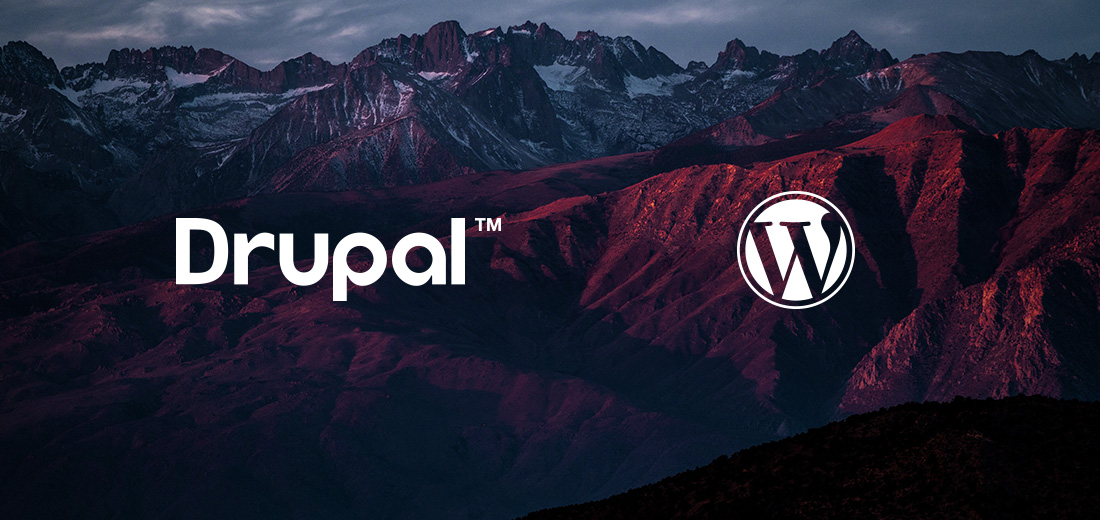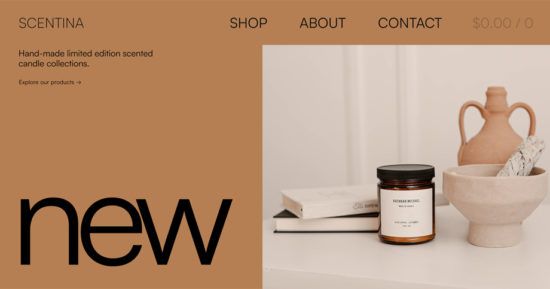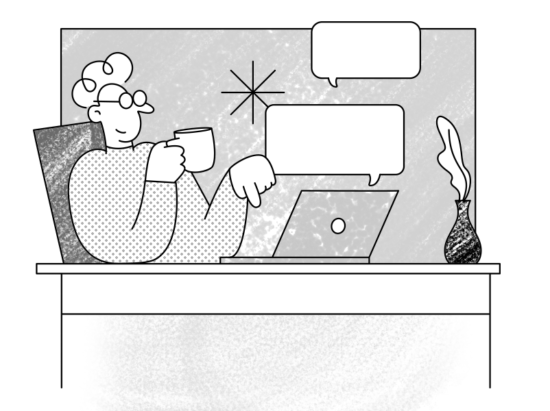Drupal is great. WordPress is great, too. But which is great for YOU?
Let’s find out.
Full disclosure: I work for a company that loves WordPress and makes money by selling themes for WordPress. Thankfully, they don’t care if I trash talk my own company. They would rather I write what I believe in. Talk about having great bosses. (Me saying I have great bosses was written out of my own free will. Seriously.)
What’s Drupal?
As Wikipedia writes:
Drupal is a free and open source content-management framework written in PHP and distributed under the GNU General Public License, provides a back-end framework for at least 2.2% of all Web sites worldwide – ranging from personal blogs to corporate, political, and government sites.[9] Systems also use Drupal for knowledge management and for business collaboration. The standard release of Drupal, known as Drupal core, contains basic features common to content-management systems.
Basically, Drupal was made with similar goals like WordPress: to create personal blogs. But Drupal went a step beyond, and included making entire websites.
Let’s go over the pros and cons of each platform.
Here’s how you’ll benefit from WordPress:
– It’s beginner friendly.
– Plugins
– Themes
– Community of developers
– eCommerce or shops
– Free
WordPress powers about a third of the entire internet. It’s as popular as it gets. People like it because you can use it to do a bunch of stuff. You can run a blog, sure, but these days it’s mostly used to build ENTIRE websites from scratch. It’s that powerful. But it’s also really beginner friendly. If you haven’t ever touched any website before, getting started with WordPress first is the best idea you could ever have. There’s a lot of tutorials, it’s well documented, and probably the easiest to get started with (Ghost is *the* easiest, but it’s not as powerful). This doesn’t mean WordPress is easy, but it’s the easiest way to start from scratch.
Plugins are a pretty big deal. They change how your WordPress site works by adding more functionality. And there’s a lot of them. From anything to everything, there’s probably a WordPress plugin for that.
Themes are a great way to change how your WordPress website looks. Think of it like changing protection masks for your phone. And thankfully there’s hundreds of thousands of them available for free and for purchase.
There’s a huge community of developers around WP. Basically, there’s always a willing developer somewhere out there who will customise a WordPress website for you.
Finally, if you want to start selling something without investing thousands of currencies into your inventory and what not, you can! WordPress has a lot of great ecommerce plugins that process payments for you, and a lot of shop themes that make your website look like an online shop!
WordPress’ code is open source and completely free. You can download it, change it, do what you want with it. But you still need to pay for hosting and a domain name.
The downsides of WordPress:
- It’s a powerhouse.
- It’s not user friendly anymore
- You’re locked in – can’t edit most stuff.
WordPress has, in all its glory, become a huge hot mess. Because it can build websites from scratch, it can’t be both a powerhouse and simple/easy at the same time.
WP also has a user interface that’s not friendly for beginners. There’s just a lot of switches and settings you can click that might ruin your website. Or corrupt your database. Or worse, erase stuff. That’s why…
… you really need to know what you’re doing. You need to *learn* WordPress. You need to invest a little bit of time to get it going. The upside is that maybe you don’t need to invest too much – there’s always a developer somewhere out there who might do your work for you.
But even if you know what you’re doing, you’re still a little locked in – WordPress is fully open source but it discourages beginners from editing its main code, or any other code honestly. It’s geared to be as beginner friendly as possible.
Your advantages with using Drupal:
- It’s a powerhouse for skilled people
- Free
- Plugins and themes
Drupal is fantastic for folks who have already dipped their toes into the high waters of PHP development. It’s a “do what you want with me” kind of CMS, and people use it accordingly.
Pages made with Drupal load faster for some reason. At least a little bit faster than sites made with WordPress. One of the reasons is that it uses less resources than WordPress, which means you can get away with a host that’s perhaps a little sub-par. Just don’t go overboard with plugins.
Speaking of which, you’ll probably find a plugin for almost anything and everything. Even though Drupal’s plugin catalogue is less rich than WordPress’, there’s still a high chance someone already had the same needs/problem you have and they made a plugin to fix it.
The cons of Drupal:
- Aesthetics aren’t as important
- Difficult for beginners
Ah, yes. Aesthetics. Here at Themes Kingdom, we take great pride in the way our themes look and feel. It’s basically why we’re in the theme business altogether. However, Drupal developers haven’t really prioritised aesthetics that much. That’s why you’re left with themes which are, put simply, not good enough. There’s a few good gems out there, but they’re small and few and look the same. You’re better off just paying someone to design something good for you, and develop it yourself or pay someone to do it, too.
Drupal is also pretty difficult for beginners. It’s been trying to adapt and simplify over the years. Which is fantastic and all efforts to simplify should be rewarded. It’s still not as simple as WordPress (and probably will never be as simple as Ghost). The beauty is that it doesn’t have to be as simple. It’s a powerful tool for skilled programmers. That’s why they like it in the first place.
Summing it all up
Use WordPress if you’re a beginner and want to build a website from scratch, and make it easy to update with content. Use Drupal when you’re a skilled PHP developer and need more power and access to your CMS. WordPress is great for publishing, Drupal is great for building pages you’re likely update from time to time. Just outline your goals and what you want to do with your website, and you’ll probably know which one to pick.



